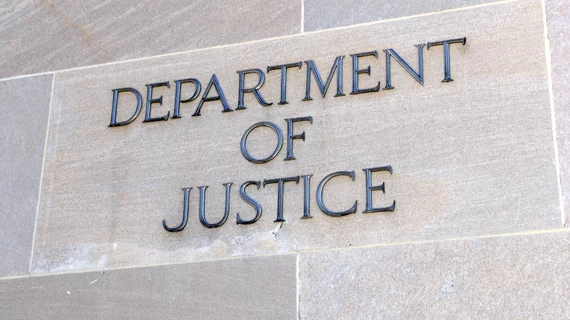Change Healthcare, UnitedHealth ink pact with DOJ pushing back proposed merger’s timeline
Radiology vendor Change Healthcare and UnitedHealth have inked an agreement with the Department of Justice, potentially pushing back the timeline of their controversial proposed merger.
The two companies detailed their “timing agreement” with the DOJ in an Aug. 7 filing with the Securities and Exchange Commission. Government officials have reportedly considered filing a lawsuit to block the $13 billion deal and have requested additional information from those involved. Now, Change and UnitedHealth have agreed not to consummate the merger until 120 days after they have honored the feds’ request.
“The company and UnitedHealth Group have been working cooperatively with the DOJ and will continue to do so,” Change Healthcare said in its SEC filing.
When first announcing the deal in January, both companies said they hoped to close the transaction in 2021’s second half. Change and UnitedHealth can still consummate the merger ahead of the 120-day period, if they receive written notice that the Department of Justice has closed its investigation. Both have agreed not to certify compliance with the DOJ’s request before Sept. 15.
Several parties have spoken out against the company’s proposed combination, including Change’s stockholders, the American Medical Association, the American Antitrust Institute and the American Hospital Association. The latter issued another letter lambasting the proposal on Aug. 4 after first voicing its opposition in March.
“[UnitedHealth Group] and Change are well aware that their transaction is likely to violate the antitrust laws because, under the terms of their merger, they are required, in order to obtain DOJ approval, to divest assets that generate hundreds of millions of dollars in revenue,” AHA General Counsel Melinda Reid Hatton wrote to the DOJ earlier this month. “We respectively maintain that the massive divestiture provision to which the parties have agreed does not provide the pathway needed to remedy the transaction’s likely substantial illegalities; rather, it strongly indicates that the deal cannot be ‘fixed.’”

